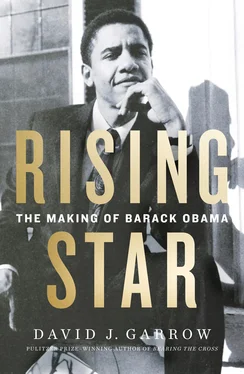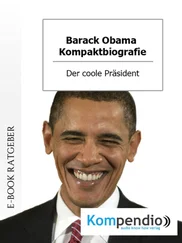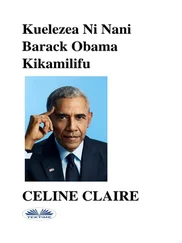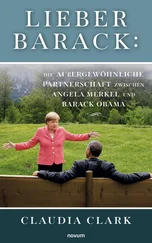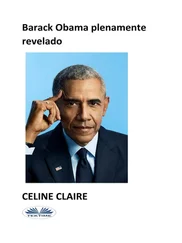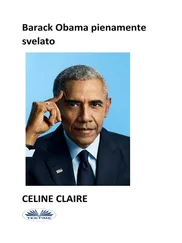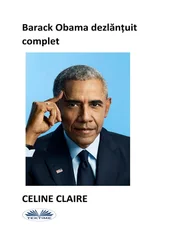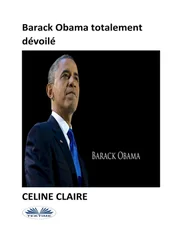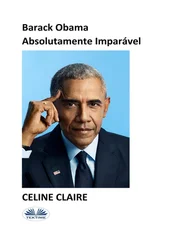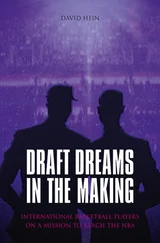Less than four weeks after his son’s birth, Barack Hussein Obama applied for and quickly received a routine one-year extension of his student residency visa. Lee Zeigler, newly arrived from Stanford University, had replaced Sumie McCabe as UH’s foreign student adviser, and a different INS agent, William T. Wood II, not Lyle Dahlin, reviewed and approved Obama’s application. Obama said he had received $1,000 in scholarship support via the African-American Institute, but again requested to work for up to twenty-five hours a week to meet the balance of his expenses. He also indicated that sometime subsequent to March 1961 he had moved from Punahou Street to 1482 Alencastre Street, well east of UH’s campus. Barack listed Ann S. Dunham as his spouse, and Agent Wood’s summary memo noted, “They have one child born Honolulu on 8/4/61—Barack Obama II, child living with mother (she lives with her parents & subject lives at 1482 Alencastre St.).” But Wood noted something else too: “U.S.C. spouse to go to Wash. State University next semester.”
Sometime soon after Wood wrote that memo, Ann and her weeks-old son flew from Honolulu to Seattle: not so she could attend WSU, in far southeastern Washington State, but to enroll at her beloved UDub, which she had wanted to attend a year earlier. Ann and baby Barack stayed briefly with a family friend on Mercer Island before settling into an apartment at 516 Thirteenth Avenue East in Seattle’s Capitol Hill neighborhood, well south of the university. According to her UDub transcript, she registered for two evening courses, Anthropology 100: Introduction to the Study of Man and Political Science 201: Modern Government. Classes began in late September.
But why did Ann Dunham Obama take her newborn and leave her husband, parents, and Honolulu for the familiar confines of Seattle? She clearly preferred UDub and its environs over UH, but she told half a dozen old high school friends, as well as a woman who also lived at 516 Thirteenth Avenue East and babysat young Barack while Ann attended classes, that she loved her husband. But the young couple never chose to live together at any time following the onset of Ann’s pregnancy, and Ann relocated herself a long airplane flight away as soon as her son was old enough to travel. None of the direct participants—Ann, Obama, Madelyn, and Stan—ever offered a clear explanation that has survived in anyone’s recollections a half century later.
Obama had taken to calling his son’s mother Anna, not Ann, and she seems to have adopted this as well, according to both the 1961–62 Polk City Directory for Seattle, which lists “Obama Anna Mrs. studt” and her neighboring babysitter, Alaskan native Mary Toutonghi, who also remembered her as Anna. Ann did well in her fall courses, earning an A in anthropology and a B in political science; she did even better in the winter term that ran from late December 1961 through mid-March 1962, getting As in both Philosophy 120: Introduction to Logic and, interestingly, History 478: History of Southern Africa. Mary Toutonghi babysat regularly during those months on the evenings Ann attended classes, and years later she would recall infant Barack as “very curious and very alert,” “very happy and a good size.” In March Ann enrolled in three regular daytime courses, obtaining Bs in Chinese Civilization and History of Modern Philosophy but changing English Political and Social History to just an audit. 11
With Ann in Seattle, Obama launched into his senior year at UH. Only Neil Abercrombie was aware of Obama’s relationship with Dunham or that he had fathered a child in Honolulu. One new graduate student, Robert Ruenitz, would later admit that “for any of us to say that we knew Obama well would be difficult. He was a private man with academic achievement his foremost goal.” Another 1961 grad student, Cambodia native Naranhkiri Tith, debated nuclear arms with Obama at a widely publicized campus symposium. Obama labeled the issue not a “balance of power” but a “balance of terror” and asserted that most U.S. foreign aid took the form of weapons and other military assistance. Tith and other graduate students also partied regularly with Obama, who “loved to drink” to the point of becoming “totally drunk” at repeated parties. “He also was a womanizer,” Tith recounted years later.
Even so, Obama’s academic success continued apace. In mid-January he addressed the NAACP’s Honolulu branch on “Changes in Africa Today,” and in early February, he was featured prominently in a “Dear Friend” fund-raising appeal distributed by Bill Scheinman and Tom Mboya’s African-American Students Foundation. Sent in the name of Ruth Bunche, whose diplomat husband Ralph in 1950 had been the first African American ever to win the Nobel Peace Prize, the letter briefly profiled two young men “of whom we are especially proud” out of more than five hundred African students who were then studying in the U.S. One was completing a graduate degree in engineering at Columbia University; the other was Obama, “an honor student of the University of Hawaii where he will complete a four year course in three years.” The letter predicted Obama would soon qualify for the national academic honor society, Phi Beta Kappa, and in late April he was elected to membership.
With graduation only a month away, Obama was also a featured speaker at a large Mother’s Day event organized by the Hawaii Peace Rally Committee to oppose nuclear weapons. The afternoon event drew hundreds to Ala Moana Beach Park. Liberal Democratic state legislators Tom Gill and Patsy Mink were joined on the speakers’ platform by four clergymen and several UH professors. The crowd included powerful International Longshoremen’s and Warehousemen’s Union (ILWU) director Jack Hall, and conservative counterprotesters from the Young Americans for Freedom (YAF) who waved signs advocating continued U.S. nuclear weapons testing.
Speaking to the crowd, Obama denounced “foreign aid which is directed toward military conquest or the acquisition of bases.” Speaking as an African, “anything which relieves military spending will help us,” and if peace were to replace nuclear confrontation, “we will be able to receive your aid with an open mind and without suspicion.” 12
In early May 1962, Betty Mooney Kirk, who had married and relocated to her husband’s hometown of Tulsa, Oklahoma, wrote to Tom Mboya in Nairobi to seek his help in finding someone to sponsor Obama for graduate school, “preferably at Harvard.” She enclosed a copy of Barack’s résumé, which she had prepared, and it stated that Obama already had applied to and been accepted for graduate study at Harvard, Yale, the University of Michigan, and the University of California at Berkeley. Harvard alone had offered financial aid, in the limited amount of $1,500, but Betty hoped Tom could find further assistance because Barack “has the opportunity and the brains.” Mboya replied with congratulations, but according to Betty was “not very hopeful” about locating available funding.
Betty’s colleague Helen Roberts was back in Nairobi, and, perhaps at Betty’s urging, was actively assisting Kezia Obama, now the single mother of two young children—Rita Auma had been born in early 1960, six months after her father’s departure for the U.S. Kezia was sometimes in Kogelo with her two children and Barack’s father and stepmother Sarah, sometimes with her parents in Kendu Bay, and other times staying with her brother Wilson Odiawo in Nairobi. Roberts helped Kezia take some educational courses, and told one friend that Kezia “is very anxious to be a suitable wife for Barack when he returns.” Roberts remarked, “I think Barack will notice quite a difference in her when he at last returns.”
In late May 1962, Obama wrote to Mboya and apologized for not having written in a long time. He bragged about his academic achievements at UH, falsely claiming to have already earned an M.A. degree in addition to his impressive three-year B.A. and a 3.6 GPA. Reciting his Phi Beta Kappa and Phi Kappa Phi honors as well as an Omicron Delta Kappa award, he told Mboya—twice, in almost identical sentences—that these were “the highest academic honours that anyone can get in the U.S.A. for high academic attainments.” What’s more, he was about to leave for Harvard, “where I have been offered a fellowship for my Ph.D. I intend to take at least two years working on my Ph.D. and at most three years. Then I will be coming home.” Obama closed by telling Mboya, “I have enjoyed my stay here, but I will be accelerating my coming home as much as I can. You know my wife is in Nairobi there, and I would really appreciate any help you may give her.” 13
Читать дальше
